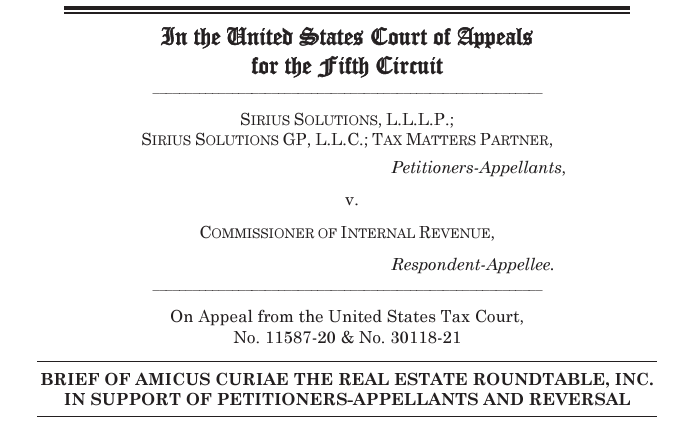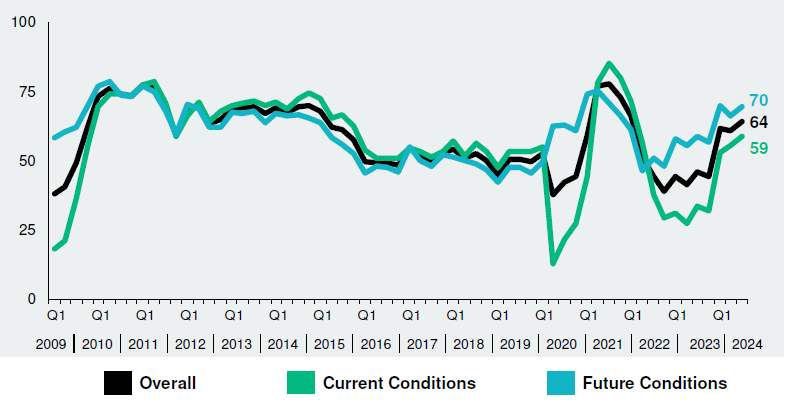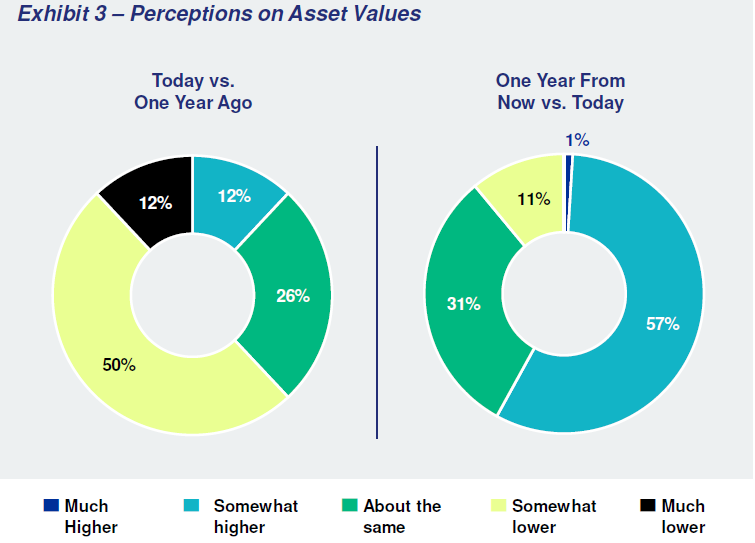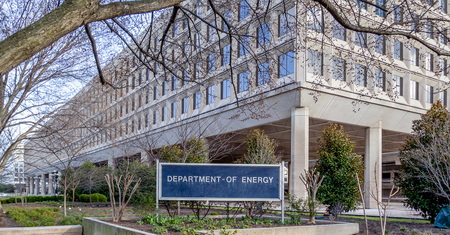
On August 19, The Roundtable submitted an amicus brief to the Fifth Circuit Court of Appeals in Sirius Solutions v. Commissioner, a pivotal case that could redefine the tax obligations of limited partners under the self-employment tax in the Self-Employed Contributions Act (SECA). (Amicus Brief)
Why It Matters
Roundtable Amicus Brief

What’s Next
The Roundtable remains committed to protecting entrepreneurs’ ability to flexibly organize in partnerships and other pass-through entities that promote capital formation, risk-taking, and economic growth, and it will remain engaged as the SECA dispute moves forward.

The Real Estate Roundtable’s Q3 2024 Sentiment Index, which measures commercial real estate executives’ confidence and expectations about the industry environment, suggests a growing confidence in the future of the commercial real estate market despite ongoing challenges.
Roundtable View
Topline Findings

Data for the Q3 survey was gathered by Chicago-based Ferguson Partners on The Roundtable’s behalf in July. Read the full Q3 report.

On August 27, the U.S. Department of Energy announced plans to allocate $240 million from the Inflation Reduction Act (IRA) to 19 state and local governments to help communities adopt energy-efficient building codes and retrofit structures to meet updated standards. (Politico, Aug. 27)
Key Details
What’s Next
The Roundtable is developing a “primer” for real estate stakeholders, highlighting key issues in the state and local BPS trend, with a release planned for this fall.